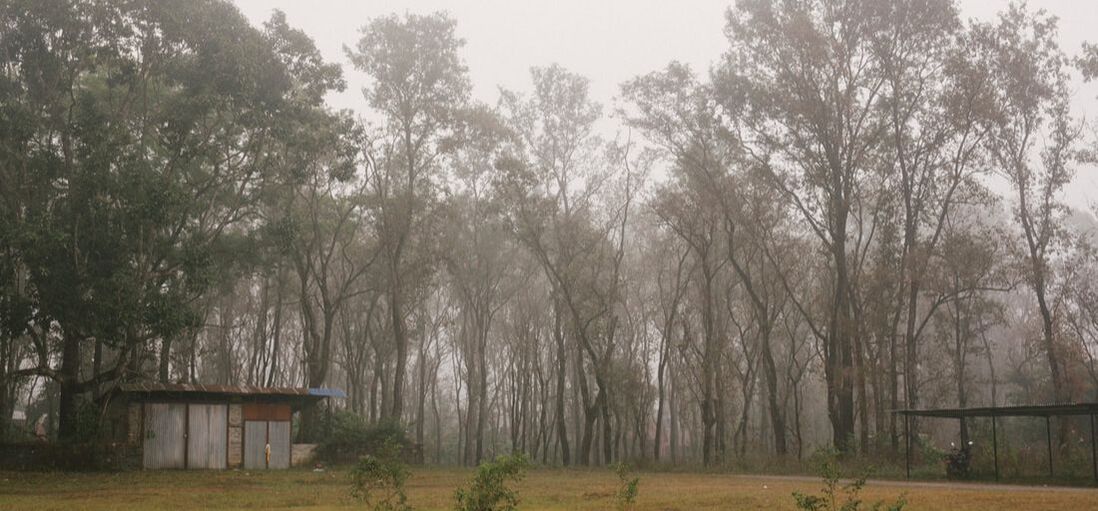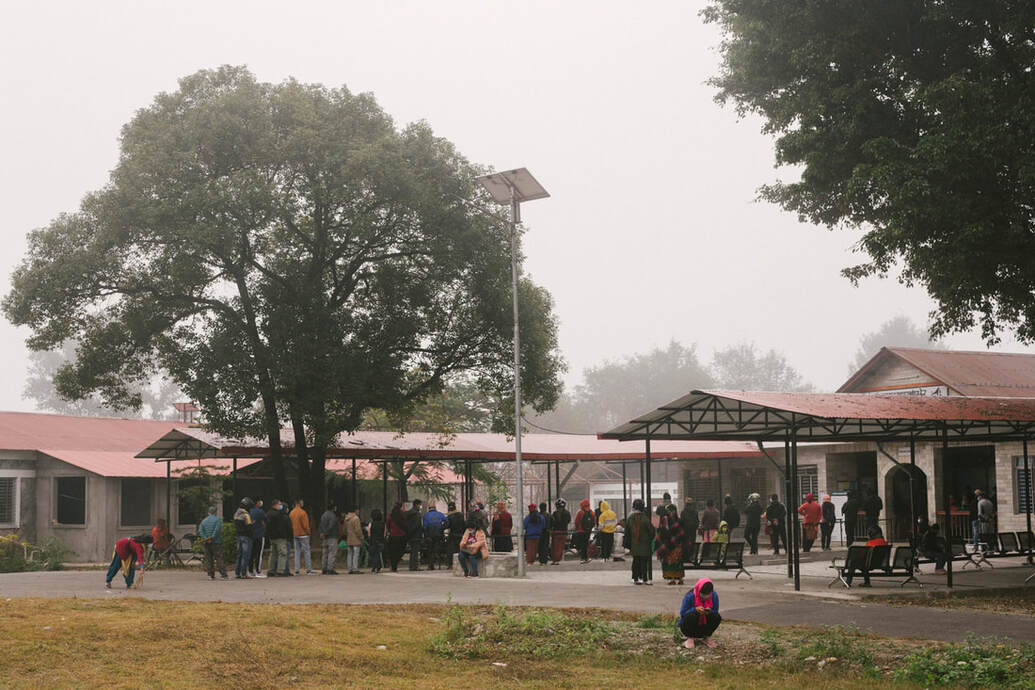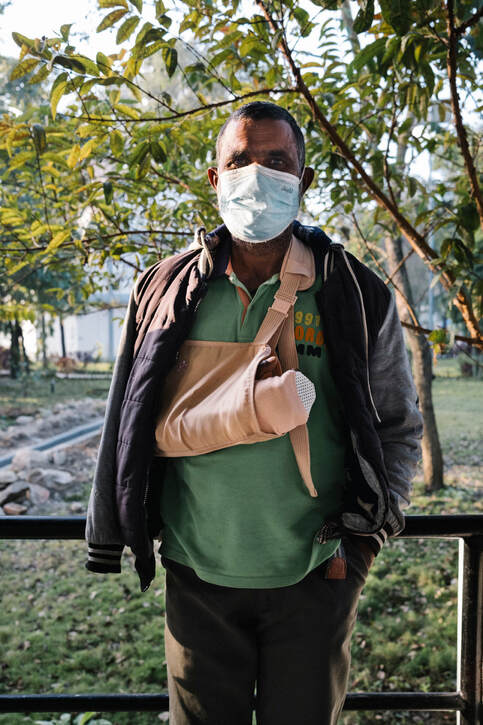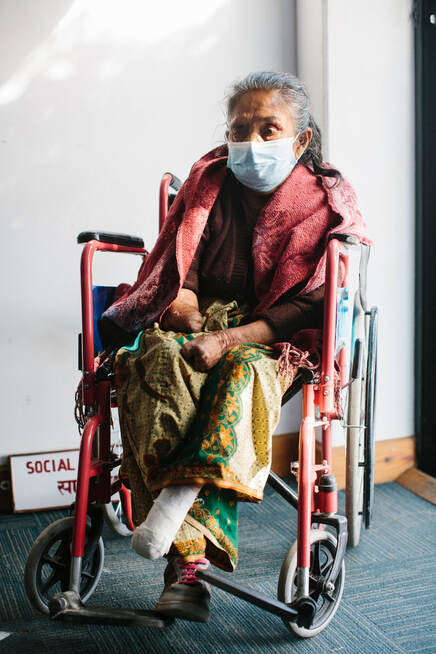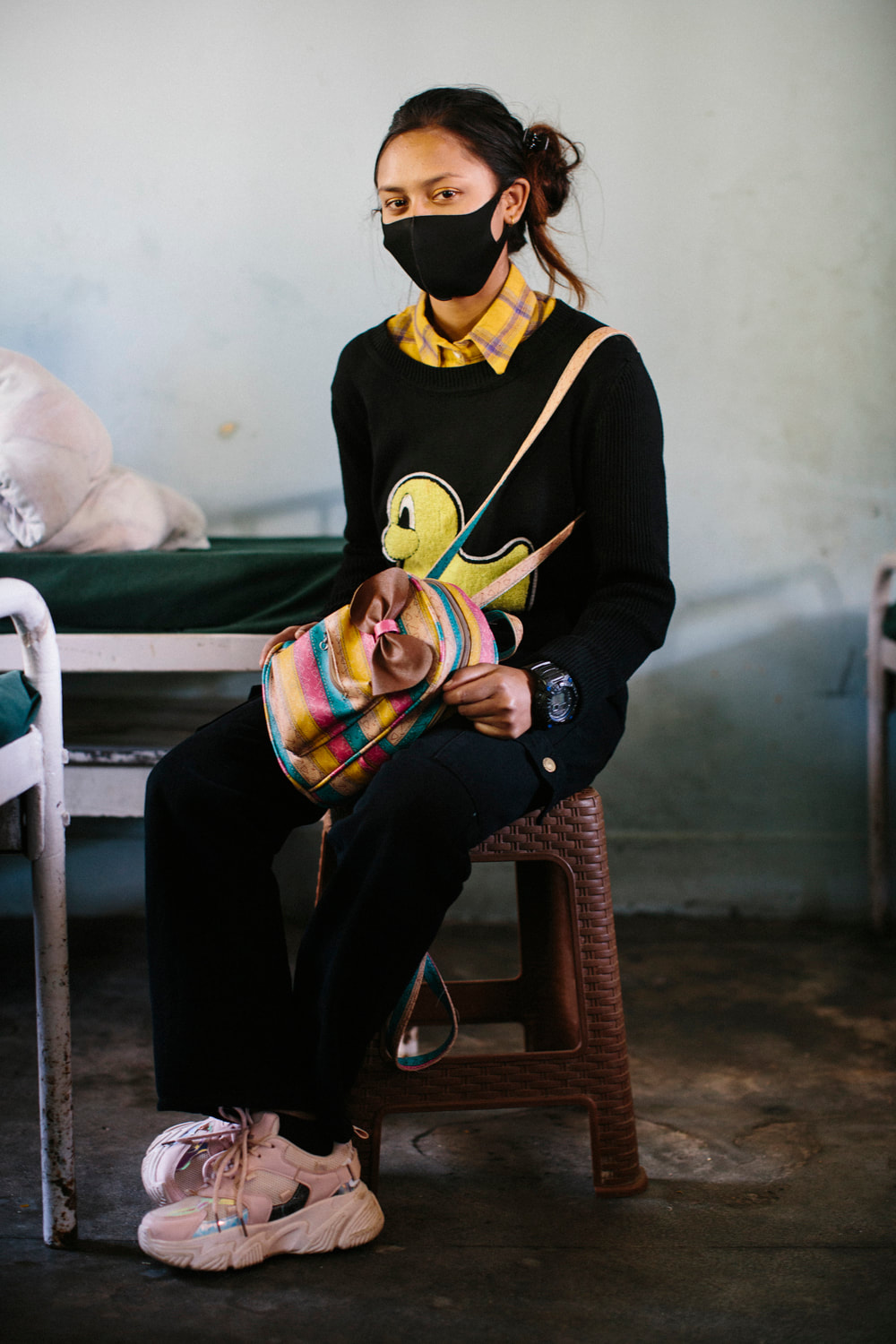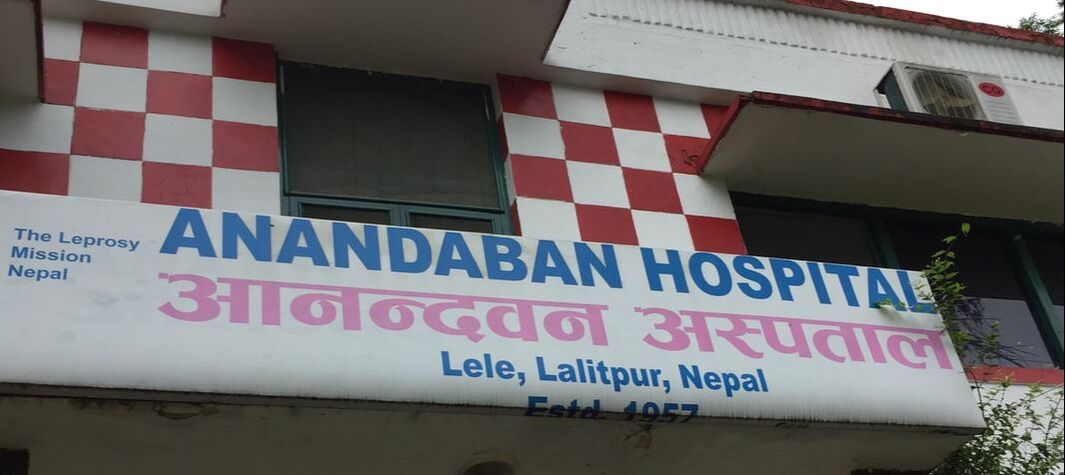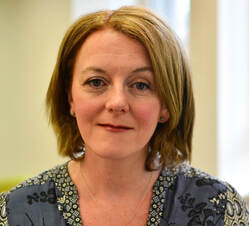Will you help us stop leprosy in Nepal?
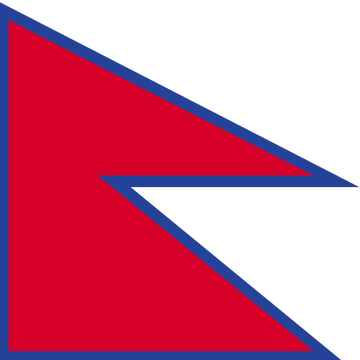
Nepal is one of the poorest countries in the world. But its landlocked position, unemployment rate, lack of safe water and poor infrastructure are not its only challenges. Leprosy is greatly feared.
Leprosy is a contagious, chronic, neglected tropical disease. If left untreated, it will progress and cause life-changing disabilities: blindness, ulcers and the loss of limbs. It can also spread to others.
Leprosy was declared eliminated in Nepal back in 2010. That declaration led to serious consequences for people with leprosy. Healthcare for the treatment of leprosy or leprosy-related disability was scaled-back and the knowledge and ability to diagnose leprosy began to decline.
Leprosy is a contagious, chronic, neglected tropical disease. If left untreated, it will progress and cause life-changing disabilities: blindness, ulcers and the loss of limbs. It can also spread to others.
Leprosy was declared eliminated in Nepal back in 2010. That declaration led to serious consequences for people with leprosy. Healthcare for the treatment of leprosy or leprosy-related disability was scaled-back and the knowledge and ability to diagnose leprosy began to decline.
This declaration also concealed a terrible truth. In 21 districts out of 77, leprosy was not eliminated at all. For example, in Gandaki Province, Pokhara, where SFLG's partner, Green Pastures Hospital is located.
For every thousand people in Nepal, there are now eight who live with leprosy. People are living with lifelong disabilities, ulcers that won't heal or, they become subject to the stigma and discrimination caused by leprosy. This figure is two and a half times higher than the global average.
The leprosy crisis has recently worsened due to the Covid-19 pandemic. The already scarce provision, was further reduced by the treatment of Covid-19 being prioritised over leprosy. This means people with leprosy received less or no treatment for the disease or, quite simply, were not diagnosed at all. And anything that delays a leprosy diagnosis, may cause life-changing, visible disabilities.
So what can we do and how can we help?
SFLG has supported leprosy projects in Nepal for decades. Today we are working with INF's Green Pastures Hospital in Pokhara and TLM's Anandaban Leprosy Hospital in Kathmandu.
Caring for people with leprosy with Green Pastures Hospital
Green Pastures Hospital treats and rehabilitates patients affected by leprosy by providing Multidrug Therapy, surgery, counselling by former patients, self-care training for patients to prevent leprosy ulcers and impairments from developing and assistive devices such as wheelchairs and prosthetic limbs. The hospital treats around 25,000 people every year and there is no charge for people with leprosy.
Ujeli and Sajana's stories
Green Pastures Hospital treats and rehabilitates patients affected by leprosy by providing Multidrug Therapy, surgery, counselling by former patients, self-care training for patients to prevent leprosy ulcers and impairments from developing and assistive devices such as wheelchairs and prosthetic limbs. The hospital treats around 25,000 people every year and there is no charge for people with leprosy.
Ujeli and Sajana's stories
|
Ujeli, is 65 years old. She caught leprosy many years ago and by the time she was diagnosed, her hands were severely disabled by leprosy. Eventually her right hand was so badly affected by leprosy, it was amputated. She has lost fingers on her left hand and her toes due to the damage caused by leprosy ulcers. She is totally dependent on her family for her survival. She fears that her family will eventually abandon her.
|
Sajana is 18 years old. She had leprosy misdiagnosed twice, but eventually, she was correctly diagnosed and treated at Green Pastures Hospital. She was given Multidrug Therapy and corrective surgery to her right hand. She now has a promising life ahead of her and, she can play her guitar.
|
Active Case-Finding with Anandaban Leprosy Hospital
SFLG’s TRACE operating strategy is putting an emphasis on Active Case-Finding (ACF); early detection of leprosy followed by treatment with Multidrug Therapy, reflecting new global approaches in the ongoing fight against leprosy.
Our project at Anandaban focuses on two different districts: Aurahi and Bideha. We are training community health workers to visit "door to door" and invite people to attend monthly skin camps. Skin camps are used to diagnose and treat many skin diseases including undiagnosed cases of leprosy. Half of all new cases of leprosy are detected in these districts in Nepal. The health workers also carry out contact tracing and contacts not displaying symptoms will be given a single dose of rifampicin.
Read our Update on Active Case-Finding
SFLG’s TRACE operating strategy is putting an emphasis on Active Case-Finding (ACF); early detection of leprosy followed by treatment with Multidrug Therapy, reflecting new global approaches in the ongoing fight against leprosy.
Our project at Anandaban focuses on two different districts: Aurahi and Bideha. We are training community health workers to visit "door to door" and invite people to attend monthly skin camps. Skin camps are used to diagnose and treat many skin diseases including undiagnosed cases of leprosy. Half of all new cases of leprosy are detected in these districts in Nepal. The health workers also carry out contact tracing and contacts not displaying symptoms will be given a single dose of rifampicin.
Read our Update on Active Case-Finding
There is still much to be done to see an end to leprosy worldwide. But, there is plenty we can do now to end to the suffering caused by leprosy in Nepal. Both our partners are stretched to their limits caring for and finding, diagnosing and treating people with leprosy. Our work there must continue apace if we are to achieve our goals for Nepal. With your support we can do it.
Will you help us?
Every pound that you give today will go directly to support our work in Nepal. This means that more people with leprosy like Sajana will be found sooner, diagnosed correctly and receive the treatment they need to restore their lives. With your support, fewer people like Ujeli will suffer the life-changing disabilities caused by a late leprosy diagnosis. Please give as generously as you can. Every penny counts. |
All photographs of Green Pastures Hospital, Pokhara, by Tom Bradley

